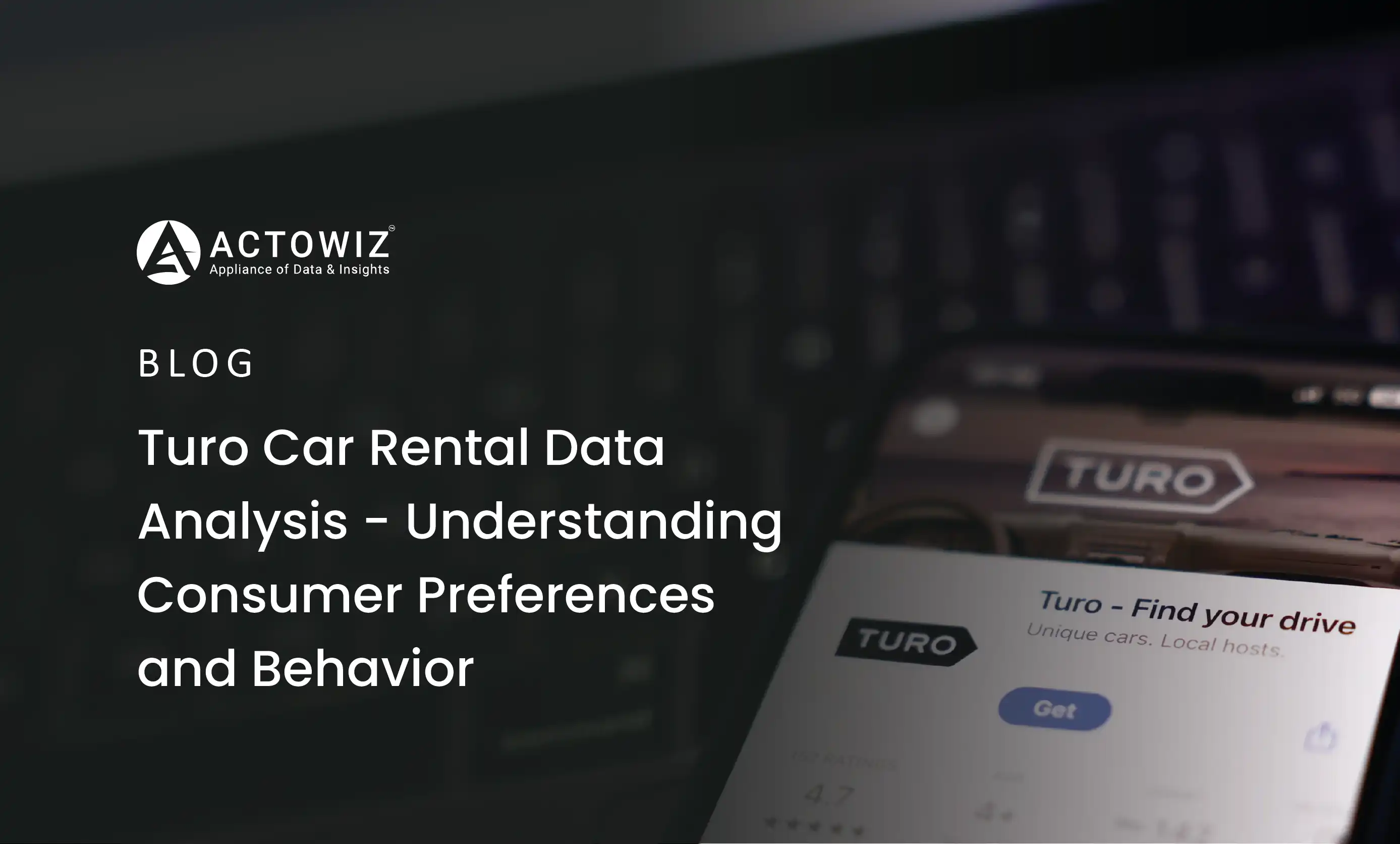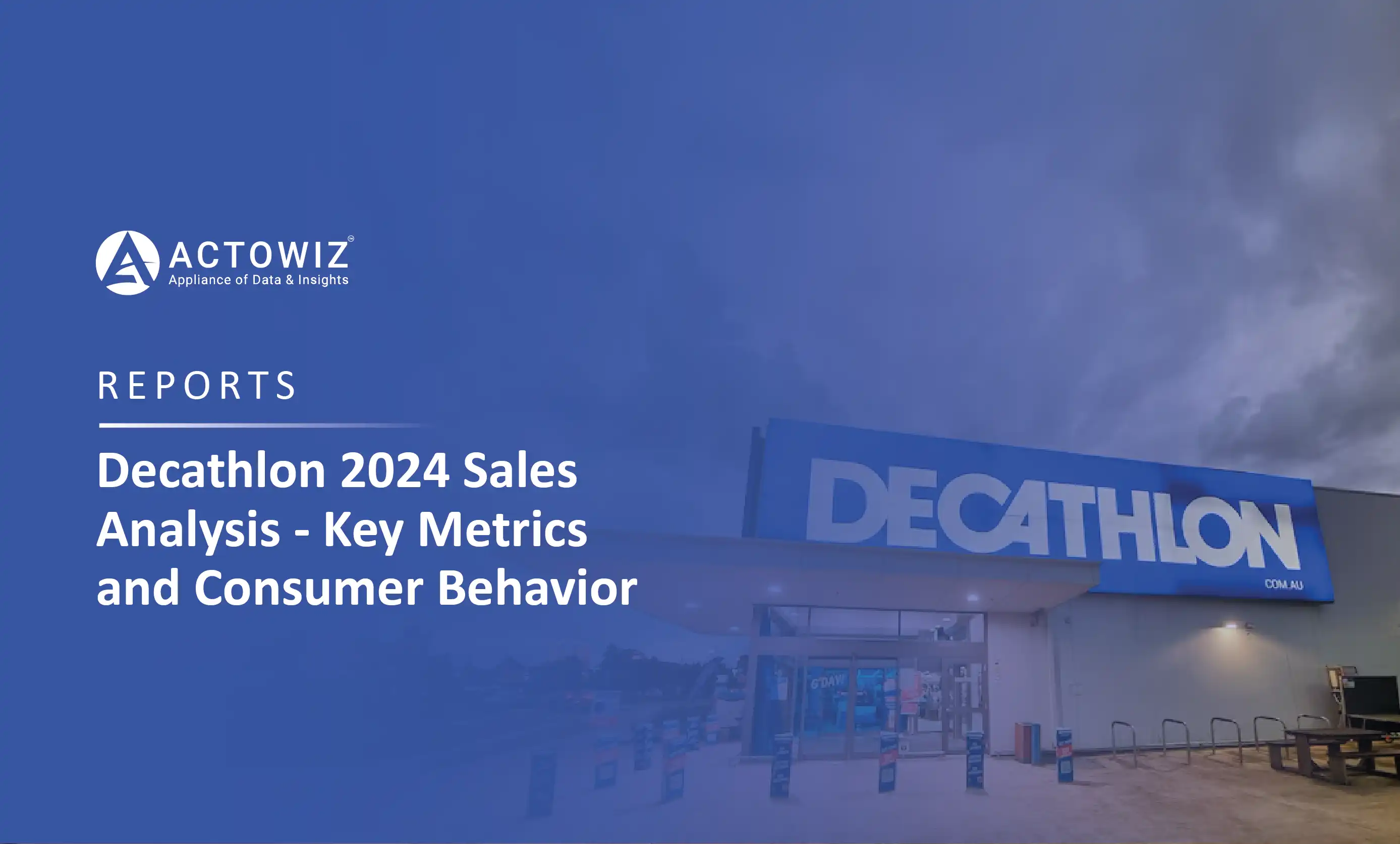
The Nextdoor data scraping API opens up exciting possibilities for developers to tap into the neighborhood-focused social platform, Nextdoor. By facilitating communication, information sharing, and discussions among individuals within the same area, Nextdoor fosters a sense of community and cooperation.
With access to the Nextdoor API, developers can infuse community-driven goods and services with enhanced features and diverse data sets. This study delves into the capabilities of the Nextdoor ecommerce data scraping API, exploring the types of data it can handle and the myriad ways it can be leveraged.
The upcoming integration of Microsoft's API into Nextdoor further amplifies the platform's appeal, offering unique features and filters that can serve as a foundation for creating similar platforms on a grand scale. While the Nextdoor API is not public, businesses and developers are eager to harness its potential, envisioning groundbreaking apps that strengthen neighborhood relationships, elevate local services, and promote community cooperation.
As an Application Programming Interface (API), the Nextdoor data collection empowers programmers to access real-time information, upload data, and integrate additional app features seamlessly. By tapping into various neighborhood community attributes and data, such as user profiles, neighborhood messages, meetings, and business information, designers can bring innovation and connectivity to the forefront, enriching the lives of residents and businesses within local communities.
Connecting Neighborhoods: Nextdoor's Role as a Community-Focused Social Platform

Nextdoor's mission revolves around fostering meaningful connections between friends and neighbors. As an online platform, Nextdoor provides a virtual space for community members to engage in open conversations, share information, and address collective concerns.
Emphasizing authenticity, Nextdoor enables users to create profiles that reflect their real-life identities, facilitating genuine relationships and building closeness among close friends. The platform's security measures verify user passwords to ensure exclusive access for individuals residing within specific neighborhoods.
Within Nextdoor's community-driven ecosystem, members can freely express their opinions, seek advice, plan local events, and exchange information and stories related to their neighborhoods. Topics span from safety discussions and nearby services to neighborhood projects and lost and found items. Interaction options include commenting, "liking" posts and sending private messages, all fostering dynamic communication.
As an online message board, Nextdoor is a hub for neighborhood event updates, local businesses, and service providers. The platform facilitates collaboration on neighborhood projects, organizing community events, and participating in neighborhood watch programs, cultivating a strong sense of community spirit.
Nextdoor also allows local businesses to connect with potential customers and promote their goods or services, contributing to a vibrant local economy. Members can quickly discover and endorse businesses, further enhancing economic growth within the community.
What sets Nextdoor apart is its focus on genuine social interaction, promoting authentic conversations, and encouraging neighbors to get to know one another honestly. By nurturing a sense of belonging and community involvement, Nextdoor contributes significantly to the cohesion and enrichment of neighborhoods.
Harnessing the Potential of Nextdoor API: Empowering Developers for Community-Focused Apps
Developers eagerly anticipate the Nextdoor API's benefits, leveraging the platform's unique features to enhance their programs and applications. The API opens up several opportunities that can positively impact developers' endeavors:
Integration of Nextdoor Features: With the Nextdoor API, programmers can seamlessly incorporate Nextdoor's functionalities into their apps, allowing for neighborhood-focused tools such as event coordination, discussion boards, and localized business listings. This enables the creation of innovative apps and portals tailored to specific communities.
Access to Neighborhood Information: Utilizing the API, developers can access neighborhood-specific data from Nextdoor, including individual profiles, group messages, events, and business information. This valuable information can enrich apps and provide users with relevant local details and updates.
Neighborhood Insights and Analysis: The Nextdoor API empowers programmers to extract and analyze data on neighborhood activities, user behavior, and popular topics. This provides corporations, regional groups, and community projects with valuable insights to better understand and engage with their communities.
Enhancing User Participation: Through the API, developers can craft interactive features that encourage user involvement in their local communities. By fostering collaborative projects and implementing rewarding systems or engaging events, apps can strengthen community bonds and inspire greater community engagement.
Facilitating Connectivity for Local Businesses: Software developers can leverage the API to include Nextdoor's business profiles and reviews within their programs. This integration supports local businesses, aids customers in discovering new establishments, and fosters the growth of the local business ecosystem.
With the Nextdoor API poised to go live, developers anticipate its exciting possibilities. The API is a gateway to many opportunities, enabling developers to create innovative apps that empower and enrich neighborhood communities. As developers embrace the Nextdoor API, the future of community-focused applications looks promising, fostering more robust and more connected neighborhoods.
Understanding the Future Functionality of Nextdoor API
While the specifics of the Nextdoor API are still under development and awaiting launch, we can speculate on its potential workings based on industry standards and the platform's unique strengths. Developers envision that the Nextdoor API will follow certain fundamental principles and may introduce distinctive features. Here is a likely outline of how the Nextdoor API could function:
Access Verification: To utilize the Nextdoor API, developers typically require an API key or authentication credentials for verification purposes. These login details will be an identity to confirm the programmer's accessibility and authorization.
Endpoint Utilization: The Nextdoor e-commerce data collection is expected to offer an array of endpoints or URLs that enable developers to scrape specific data or perform operations. These endpoints will serve distinct functions, such as retrieving individual profiles, accessing neighborhood communications, obtaining event information, or accessing business directories.
Sending HTTP Queries: Developers will send HTTP queries to the specific API endpoints using necessary variables, headers, or authentication data. These queries will be processed by the Nextdoor API, which will then provide the requested data in the desired format.
Integration and Utilization: Subsequently, programmers will integrate the data extracted via the Nextdoor API into their applications. They can use this data for analyses, presentation purposes, or to create new functionality and features that leverage Nextdoor's data and offerings.
As the Nextdoor API comes to fruition, developers anticipate unlocking a realm of possibilities for community-focused applications. By leveraging the Ecommerce data scraping services, developers can create innovative solutions that enhance neighborhood interactions, strengthen community bonds, and empower users with relevant and timely information. While the specific details are yet to be revealed, the potential impact of the Nextdoor API on community engagement and localized services is highly anticipated.
Leveraging Nextdoor API for Enhanced Community Engagement
The Nextdoor API offers a wealth of opportunities for developers to create innovative solutions that foster community engagement and strengthen neighborhood bonds. Here are some potential uses of the Nextdoor API:
Connecting Local Service Providers: Through the API, nearby service businesses like electricians, plumbers, and gardeners can showcase their services on the Nextdoor platform. This enables residents to easily find and hire reliable workers in their area, promoting local businesses and fostering a sense of trust within the community.
Neighborhood Management Solutions: Developers can design social management tools using the API, streamlining the work of Nextdoor neighborhood managers. These tools may include platforms for analyzing community data and tools for efficient mass communication, such as sending texts to multiple recipients.
Neighborhood Business Marketing: Utilizing the Nextdoor API, programmers can create marketing tools to support local businesses. This may involve targeted marketing campaigns, advertisements, or exclusive deals for Nextdoor users, enhancing the visibility and growth of neighborhood businesses.
Neighborhood Safety and Notification Systems: A developer-friendly API can empower the creation of safety software that utilizes Nextdoor's neighborhood information. For instance, developers can design security alert systems that allow residents to report suspicious activities, share information about local situations, and inform others about events in their area, contributing to a safer community.
Social Collaboration: The API can facilitate seamless integration between Nextdoor and other social media platforms, enabling users to share events or information across multiple websites. This interconnectedness fosters communication and collaboration, encouraging more residents to engage with each other and strengthen community ties.
By harnessing the power of the Nextdoor API, developers can introduce transformative solutions that enrich neighborhood interactions, promote local businesses, and ensure a safer and more vibrant community. The API's versatility and potential to enhance social connectivity make it a valuable resource for building inclusive and thriving neighborhoods.
Conclusion
Developers considering the utilization of the Nextdoor API should be mindful of the program owner's specific usage rules, which may encompass limits and verification requirements. It is essential for programmers to refer to the company's official development reference or services to gain insight into the available endpoints and the types of information accessible through the API. Additionally, understanding any constraints or limitations imposed by Nextdoor on API usage is crucial. By adhering to these guidelines and respecting the API's terms of use, developers can leverage the Nextdoor API effectively and responsibly to create innovative solutions that enhance community engagement and enrich the neighborhood experience.










